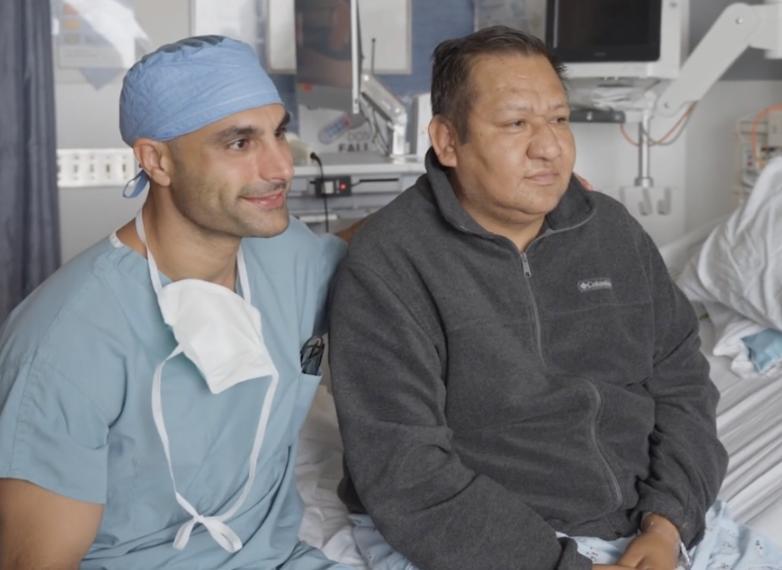
Surgeons Perform World’s First Human Bladder Transplant in US
In a groundbreaking medical procedure, surgeons at UCLA Health have successfully performed the world’s first human bladder transplant on a 41-year-old patient. The innovative surgery, which lasted over eight hours, offers new hope for individuals suffering from bladder dysfunction. The remarkable achievement is a testament to the medical community’s relentless pursuit of advancing healthcare and improving patient outcomes.
The patient, who had previously lost most of his bladder due to tumour removal, had also undergone a kidney transplant in the past. However, his remaining kidney function was severely compromised, making him an ideal candidate for this pioneering procedure. The bladder transplant was performed on May 4 at Ronald Reagan UCLA Medical Center, under the expert hands of a team of renowned surgeons.
The concept of bladder transplantation is not new, but it has been limited to animal studies until now. The challenge lies in the complex anatomy and function of the urinary system, making it a highly intricate and delicate procedure. The UCLA team, led by Dr. David Kang, a professor of urology at the David Geffen School of Medicine at UCLA, has successfully overcome these hurdles to perform the world’s first human bladder transplant.
According to Dr. Kang, “This is a game-changer for patients with bladder dysfunction. Our team has worked tirelessly to develop this innovative procedure, and we are thrilled to have achieved this milestone. We believe that this surgery has the potential to significantly improve the quality of life for individuals with bladder-related issues.”
The patient, who has been recovering well, is expected to regain normal bladder function within the next few months. The successful outcome of this procedure marks a significant breakthrough in the field of urology and bladder health.
Bladder dysfunction is a common condition that affects millions of people worldwide. It can be caused by a variety of factors, including tumours, injuries, or neurological disorders. In severe cases, bladder dysfunction can lead to chronic kidney damage, kidney failure, and even premature death.
The UCLA team’s achievement has far-reaching implications for the treatment of bladder dysfunction. The surgery can potentially become a life-changing procedure for individuals struggling with bladder-related issues. It offers a new hope for patients who have exhausted all other treatment options and are in dire need of a solution.
In addition to the medical benefits, the successful performance of the world’s first human bladder transplant also highlights the importance of innovative research and collaboration in the healthcare industry. The UCLA team’s achievement is a testament to the power of multidisciplinary collaboration and the dedication of medical professionals to push the boundaries of medical science.
As the medical community continues to advance, it is crucial to recognize the importance of funding and support for research initiatives. The successful outcome of this procedure demonstrates the potential for groundbreaking discoveries to transform patient care and improve health outcomes.
In conclusion, the world’s first human bladder transplant performed by UCLA Health is a major milestone in the field of urology and bladder health. The surgery offers new hope for individuals suffering from bladder dysfunction and is a testament to the medical community’s relentless pursuit of advancing healthcare. As we move forward, it is essential to continue investing in innovative research initiatives and multidisciplinary collaboration to drive progress and improve patient outcomes.
Source:
https://newsroom.ucla.edu/releases/worlds-first-human-bladder-transplant-performed-at-ucla






